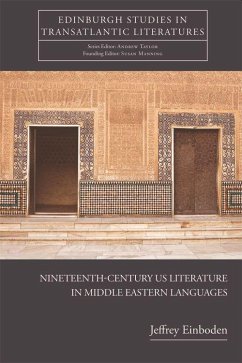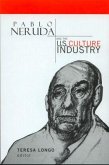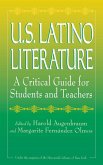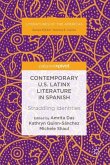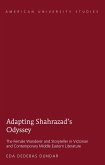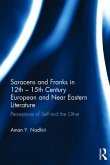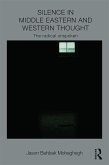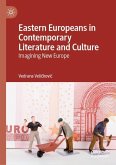'This is an ingenious examination of the global circulations of American literature. Einboden's erudite analysis of what happens when works by Longfellow, Irving, Hawthorne, Melville, and Whitman are translated into Hebrew, Arabic, and Persian moves transnational studies in dynamically expansive directions. His masterful exploration of the multiple dimensions of cross-cultural appropriation will attract admiration.' Timothy Marr, Department of American Studies, University of North Carolina at Chapel Hill 'There is a global hermeneutic at work here, one that has so much more at play than what today goes by "globalisation". Literature - its translation, its interpretation, its cultural appropriation - provokes a sometimes uneasy reciprocity of tradition, value, and truth that, under Einboden's meticulous and lucid scholarship, ripens and enriches what we mean by a global text and reader.' Andrew W. Hass, School of Languages, Cultures and Religions, University of Stirling A landmark remapping of the American Renaissance, exploring Middle Eastern translations of nineteenth-century US Literature Pioneering a fresh approach to the early national canon, this new study traces the global afterlives of literary icons from Irving to Whitman, encountering classic American authors as they now appear in Arabic, Hebrew and Persian translation. Crossing linguistic, cultural and national boundaries, Middle Eastern renditions US texts are interrogated as critical readings and illuminating revisions of their American sources. Why does Moby-Dick both invite and resist Arabic translation? What are the religious and aesthetic implications of re-writing Leaves of Grass in Hebrew? How does rendering The Scarlet Letter into Persian transform Hawthorne's infamous symbol? Uncovering the choices and changes made by prominent Middle Eastern translators, this work is the first to reveal the significance of 'orienting' American classics, demonstrating how such a process offers a valuable lens for reconsidering US literary origins, accenting and amplifying facets of the American Renaissance customarily hidden. Jeffrey Einboden is Associate Professor of American Literature at Northern Illinois University. Cover image: Moorish Doors at Alhambra Palace, Granada, Spain (c) dlrz4114/iStockphoto.com. Cover design: [EUP logo] www.euppublishing.com
Hinweis: Dieser Artikel kann nur an eine deutsche Lieferadresse ausgeliefert werden.
Hinweis: Dieser Artikel kann nur an eine deutsche Lieferadresse ausgeliefert werden.

